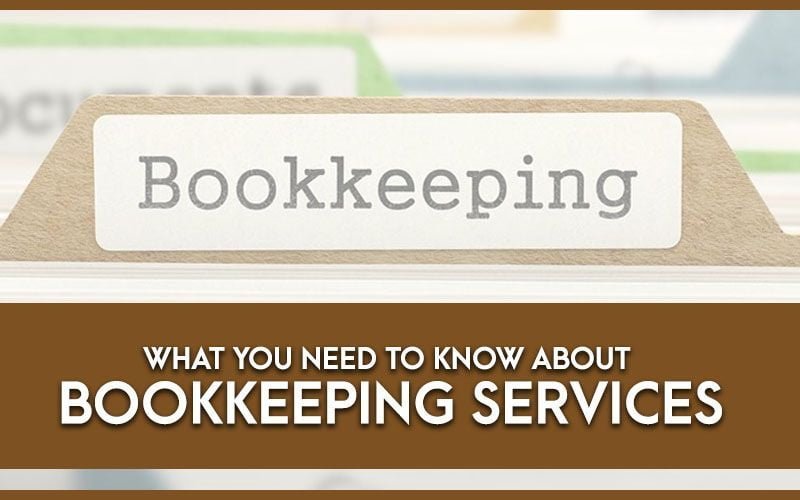Properly organizing your financial records is crucial for the success of your business. Good bookkeeping practices not only ensure accurate and up-to-date financial information but also make tax time less stressful. In this article, we will explore the bookkeeping basics and provide practical tips on how to organize your financial records effectively.
Importance of Organizing Financial Records
Organized financial records provide a clear picture of your business’s financial health. It allows you to track income and expenses, monitor cash flow, and make informed decisions based on reliable data. Additionally, organized records facilitate tax preparation, audits, and financial analysis.
Setting Up a System
Creating a systematic approach to organize your financial records is essential. Start by setting up a dedicated space or filing system to store your documents. This can be physical files or electronic folders on your computer. Ensure easy access and make sure to label and categorize each file or folder appropriately.
Tracking Income and Expenses
Accurately tracking your income and expenses is the foundation of good bookkeeping. Keep a record of all your sales, revenue, and receipts. Create separate categories for different types of income and expenses to make tracking and analysis more manageable.
Managing Receipts
Receipts are essential pieces of evidence for your expenses. Develop a habit of collecting and organizing receipts systematically. Consider using digital solutions, such as smartphone apps or scanning tools, to digitize and store your receipts electronically. This reduces the risk of losing paper receipts and makes record-keeping more efficient.
Categorizing Transactions
Categorizing transactions is key to organizing your financial records effectively. Create a chart of accounts that reflects the specific categories and subcategories relevant to your business. Assign each transaction to the appropriate category, ensuring accuracy and consistency.
Reconciling Bank Statements
Regularly reconciling your bank statements with your accounting records is essential to identify discrepancies and errors. Compare your recorded transactions with the bank statement, ensuring that all transactions are accounted for and any discrepancies are resolved promptly.
Utilizing Accounting Software
Consider using accounting software to streamline your bookkeeping process. Accounting software automates many tasks, such as generating financial reports, tracking expenses, and simplifying tax preparation. Choose software that aligns with your business needs and provides features like invoicing, inventory management, and financial analysis.
Backing Up and Securing Data
Protecting your financial data is critical. Regularly back up your accounting records and financial documents to secure locations. Cloud-based storage or external hard drives are reliable options. Implement security measures, such as strong passwords and encryption, to safeguard sensitive information.
Maintaining a Document Retention Policy
Developing a document retention policy ensures you retain necessary records while disposing of irrelevant ones appropriately. Consult with a legal or accounting professional to determine the retention period for various types of financial documents, such as tax returns, bank statements, and invoices.
Seeking Professional Help
If bookkeeping becomes overwhelming or you lack the expertise, consider seeking professional help. A qualified bookkeeper or accountant can provide valuable guidance, help streamline your financial processes, and ensure compliance with accounting standards and tax regulations.
Conclusion
Organizing your financial records is a fundamental aspect of running a successful business. By following the bookkeeping basics outlined in this article, you can establish a solid foundation for managing your financial information efficiently. Remember, organized records provide insights, ensure compliance, and contribute to the long-term growth and success of your business.
FAQs
How Long Should I Keep My Financial Records?
The retention period for financial records varies depending on the document type and legal requirements. Generally, it’s recommended to keep important records, such as tax returns, for at least seven years. Consult with a professional to determine the specific retention periods for your business.
Can I Use Spreadsheets Instead Of Accounting Software For Bookkeeping?
Yes, spreadsheets can be used for bookkeeping, especially for small businesses with simpler financial needs. However, accounting software offers more automation, scalability, and advanced features that can save time and provide better financial insights.
What If I Discover Errors In My Financial Records?
If you identify errors in your financial records, take immediate steps to correct them. Review the transactions, make necessary adjustments, and update your records accordingly. It’s essential to maintain accuracy and integrity in your financial data.
How Often Should I Reconcile My Bank Statements?
Reconciling your bank statements should be done monthly at a minimum. This ensures that your recorded transactions match the bank’s records and helps identify any discrepancies or fraudulent activities promptly.
When Is The Right Time To Hire A Professional Bookkeeper Or Accountant?
Consider hiring a professional bookkeeper or accountant if bookkeeping becomes overwhelming, you lack the necessary expertise, or you want to ensure accuracy and compliance. A professional can provide valuable insights, help optimize your financial processes, and save you time and effort.





